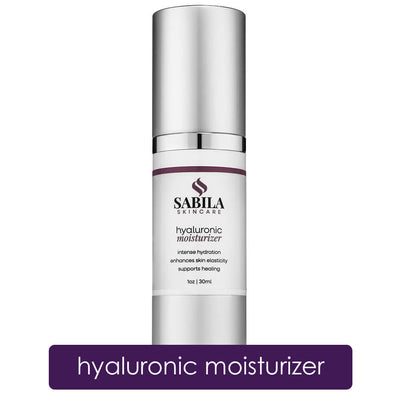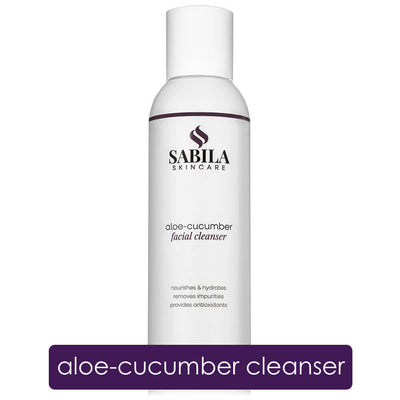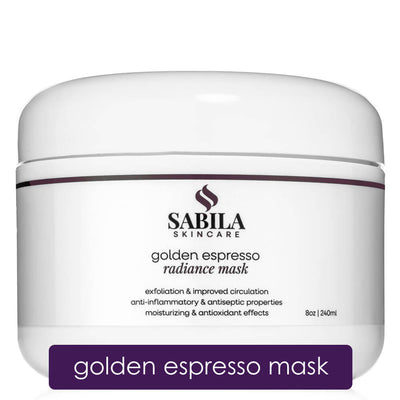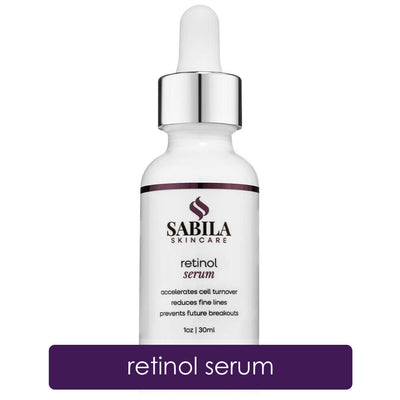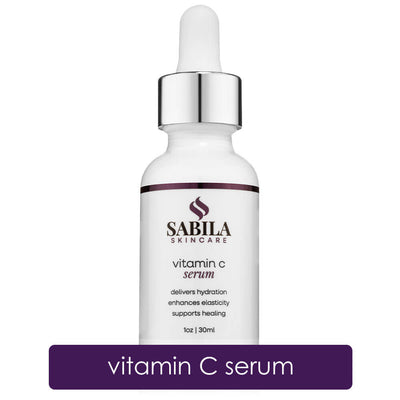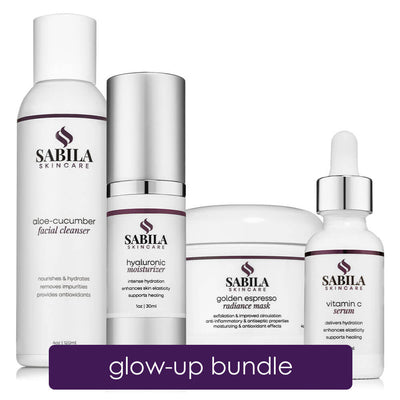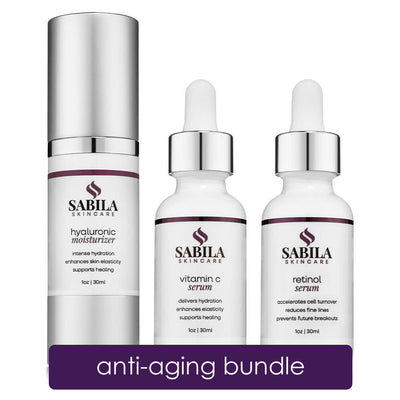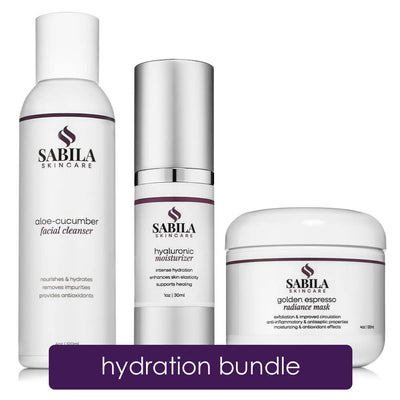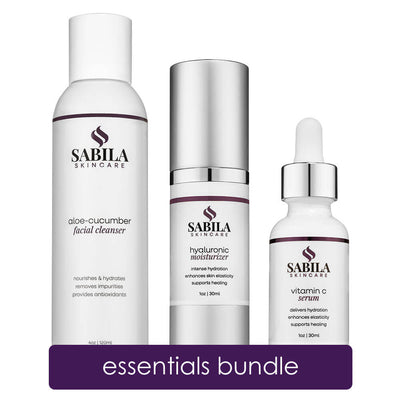Your skin is a vital part of your identity, health, and self image, and achieving your best, most radiant complexion empowers you to be your best self. In this guide, we'll talk about how to identify your skin type and offer natural skincare tips tailored to your unique needs.
The Importance of Knowing Your Skin Type
Although your skin is unique, it does share some common traits that can help you determine which of the five common skin types you have: oily, dry, combination, normal, or sensitive. Knowing your skin type is crucial for selecting the right products and creating a skincare routine that works for you. Using the wrong products can lead to irritation, breakouts, and other issues. By understanding your skin's specific needs, you can nourish and protect it effectively. Let's go over each skin type and what you can do to best support your inner and outer glow.
Oily Skin
Oily skin appears shiny, especially in the T-zone, which includes the forehead, nose, and chin. People with oily skin often tend to have enlarged pores and are prone to acne and blackheads. Tackle and regulate oily skin with these tips:
- Cleansing: Use a gentle, natural cleanser to remove excess oil without stripping the skin.
- Moisturizing: Choose lightweight moisturizer with hydrating ingredients, like a hyaluronic moisturizer.
- Exfoliating: Exfoliate 1-2 times a week with natural exfoliants. Look for an exfoliating mask or scrub with both exfoliating and hydrating ingredients.
Dry Skin
Dry skin often feels rough, flaky, or scaly in texture. It has a tight feeling, especially after washing, and may have a dull complexion. To soothe dry skin, offer it lots of hydration and care:
- Cleansing: Use a hydrating cleanser with natural oils like coconut or almond oil.
- Serums: Apply a hydrating serum, such as a retinol serum, before moisturizing.
-
Moisturizing: Opt for rich, emollient moisturizers with ingredients like jojoba oil or honey.
Combination Skin
Combination skin typically features an oily T-zone and dry or normal cheeks. Pores often appear larger on the nose and forehead, and occasional breakouts are common. Treat this skin type with these helpful tips:
- Cleansing: Use a balanced facial cleanser that doesn’t over-dry or overly hydrate the skin.
- Targeted treatments: Apply oil-absorbing masks or products to the T-zone and hydrating masks or products to dry areas.
- Moisturizing: Use lightweight moisturizers on the T-zone and treat cheeks with a richer, more hydrating cream.
Normal Skin
Normal skin is the ideal balance, being neither too oily nor too dry. This skin type typically has small pores and few imperfections. You can find your best glow by following these tips:
- Cleansing: Maintain the skin's normal balance with a gentle, natural cleanser.
- Moisturizing: Use a lightweight moisturizer with natural ingredients like hyaluronic acid or jojoba oil.
- Protecting: Apply a natural sunscreen daily to protect your skin from UV damage.
Sensitive Skin
Sensitive skin is easily irritated, often experiencing redness and itching. It easily reacts to certain products or environmental factors. To achieve your best complexion, soothe and treat skin gently:
- Cleansing: Use a mild, fragrance-free cleanser with calming ingredients, like chamomile or cucumber extract.
- Moisturizing: Choose a soothing moisturizer with natural ingredients like jojoba oil, papaya, or hyaluronic acid.
- Calming: Calm skin with natural anti-inflammatory ingredients by including green tea extract or licorice root in your skincare routine.
General Skincare Tips for All Skin Types
Regardless of your skin type, certain skincare principles are universal and help everyone maintain a healthy complexion.
- Hydration: Drink plenty of water throughout the day to keep your skin hydrated from within. Incorporate hydrating foods like cucumbers, oranges, and watermelons into your diet.
- Sun protection: Use a broad-spectrum sunscreen to protect your skin from harmful UV rays. Wear protective clothing and seek shade during peak sun hours.
- Healthy lifestyle: Make mindful decisions and maintain a balanced diet rich in vitamins, minerals, and antioxidants. Regular exercise boosts circulation and promotes healthy skin. Ensure you get enough sleep every night to allow your skin to repair and regenerate.
- Stress Management: Practice activities that reduce stress levels, such as yoga, meditation, or spending time in nature. Engage in hobbies and activities that bring you joy and relaxation, benefiting both mind and body.
Understanding your skin type is the foundation of effective skincare. By embracing natural ingredients and practices, you can nourish your skin and highlight its natural beauty.
Continue your journey by heading back to the Sabila Skincare Blog for more tips, tricks and expert advice, or explore our exclusive range of natural skincare products crafted to harmonize with your skin’s natural rhythm and unlock its glorious potential.
